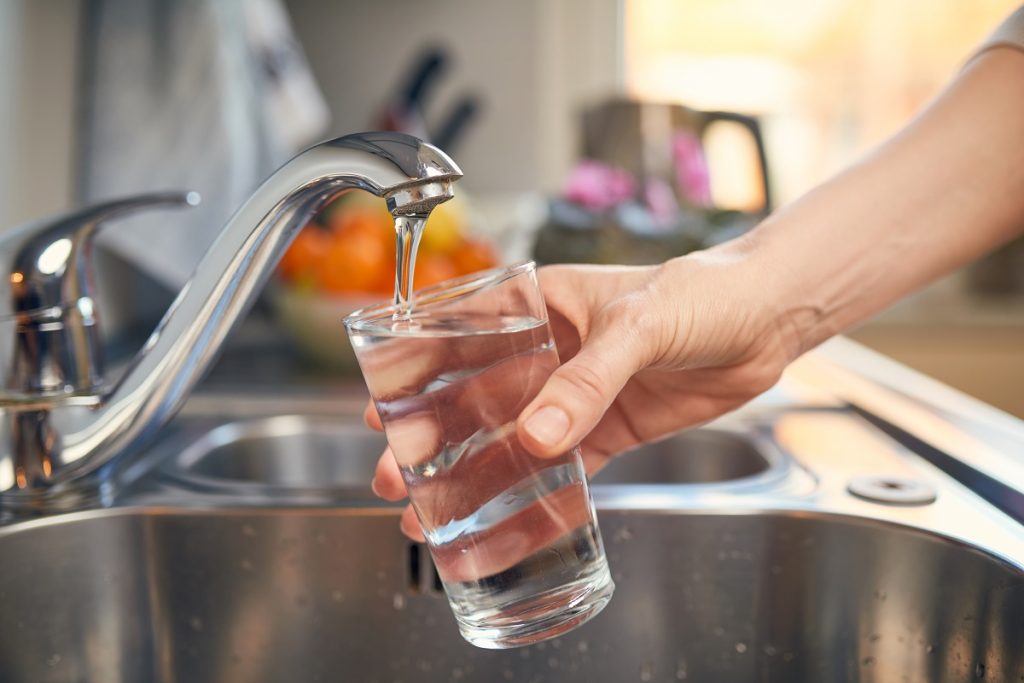As winter blankets the landscape with snow and ice, it also brings other challenges including maintaining water quality. Whether you receive your water from a well or a municipal water supply, several factors can influence its quality during the winter months. Consider these five common factors that can impact the quality of your water during winter.
1. Frozen Pipes That Cause Contaminants to Enter Your Water Supply
A common issue that impacts water quality in the winter are frozen pipes. When temperatures drop low enough, pipes are vulnerable to freezing and becoming cracked. Contaminants can make their way into your pipes via these cracks, and they can enter the water supply, which can cause your water to become unsafe for bathing, drinking and cooking.
2. Runoff of Deicing Agents
During the winter, the use of deicing agents on roads and sidewalks is prevalent to prevent accidents caused by icy conditions. However, these agents often contain chemicals, such as magnesium chloride, salt and calcium chloride. As snow and ice melt, these chemicals can find their way into your water supply through runoff, posing a threat to water quality. Elevated levels of these substances can have adverse effects on the health of your family as well as the environment.
3. Strain on the Plumbing System
People spend more time indoors during the winter. As a result, plumbing systems face more strain because their use increases substantially. Increased strain can negatively impact water quality. For example, if you have older pipes in your home, they will have difficulty keeping up with the increased demand and can develop leaks, which will introduce contaminants into your water supply.
4. A Decrease in Microbial Activity in the Soil
As temperatures decrease, there is a reduction in microbial activity in the soil. Because microorganisms play a pivotal role in filtering contaminants from water, a reduction in their activity can mean that water quality may suffer. Higher levels of impurities may make their way into the water supply.
5. A Reduction in Algae Blooms
When the weather is warmer, there is plenty of sunlight to facilitate the growth of beneficial algae that plays a fundamental role in water purification. Since there is a decrease in sunlight during the winter, there is also a reduction in algae, which can impact water quality. This is especially true for water systems that depend on algae for water purification. If you receive water from such a system, you need to be alert to any decreases in water quality.
To be on the safe side, you should have your water tested regularly. You should also consult with a professional about which water quality solutions will be right for you and your family. For help with maintaining the water quality in your Austin, TX home, talk with Parobek Water Solutions about water filtration and other water quality solutions.

